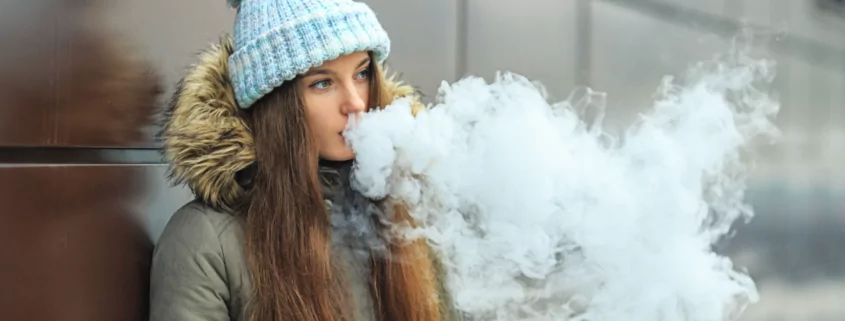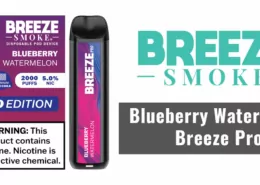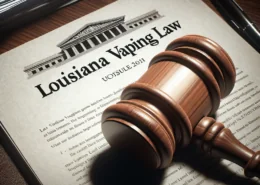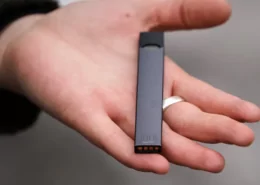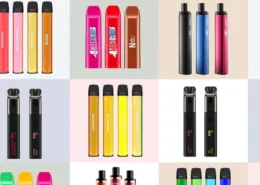New Zealand’s Bold New Rules to Curb Youth Vaping
With the rising popularity of vaping among teenagers, the New Zealand government has announced a set of stringent rules to tackle the issue. These new laws, aiming at curbing the increase in teen vapers, were made public on Tuesday.
The proposed regulations target most disposable vapes, halting their sale entirely. Furthermore, the introduction of a more generic description for flavours is set to take effect. This means that enticing flavours like “strawberry jelly doughnut” will now be referred to more generically, for instance as “berry”.
Recent years have seen a noticeable surge in the number of teenagers vaping in New Zealand. Despite the decline in traditional cigarette smoking, which has reached record low levels, the increase in daily vape users has overshadowed this decrease.
According to recent data, the smoking prevalence in New Zealand was reported to be one of the world’s lowest, at a mere 8%. In stark contrast, however, the rate of Year 10 students (typically around 14 years old) vaping daily saw a threefold increase, soaring from 3.1% in 2019 to 9.6% in 2021.
According to the latest data, the rise in daily vape users was larger than the drop in daily smokers: 8.3% of adults are now vaping daily, up from 6.2% in the past year.
“Our youth is vaping too much, and we are adopting several strategies to put a stop to it,” Dr Ayesha Verrall, the Health Minister, stated on Tuesday.
The main challenge that the government faces is to balance between discouraging teenagers from vaping while ensuring vapes are available for those genuinely intending to quit smoking.
Slated for implementation in August, the new laws will necessitate that all vaping devices sold in New Zealand feature replaceable or removable batteries. Dr Verrall explained that this initiative is geared toward curbing the sale of cheap, disposable vapes that are a favourite among the youth.
Further restrictions are planned for vape shops, prohibiting them from operating within 300 meters of schools and marae (Māori meeting houses), keeping vapes out of sight and reach of children and young people.
When vapes were first launched in New Zealand, they were easily accessible to teenagers. However, government reforms in 2020 banned sales to under-18s, prohibited vaping in schools and early childcare centres, and disallowed advertising and sponsorship of vape products.
In a global context, other countries such as Australia have enforced stricter measures on vaping, like making them prescription-only, lowering nicotine content, restricting flavours, and introducing plain packaging. New Zealand, however, has not adopted these harsh measures as they could impede those using vapes as a tool to quit smoking.
Read more:
Australia to Ban Non-Prescription Vapes in Biggest Vaping Reforms
“New Zealand has some of the most ambitious tobacco control goals in the world,” Dr Verrall concluded. “Vapes might not be good for you, but they’re certainly less harmful than tobacco.” She also expressed hope that these new measures will halt and reverse the rising trend of youth vaping.

